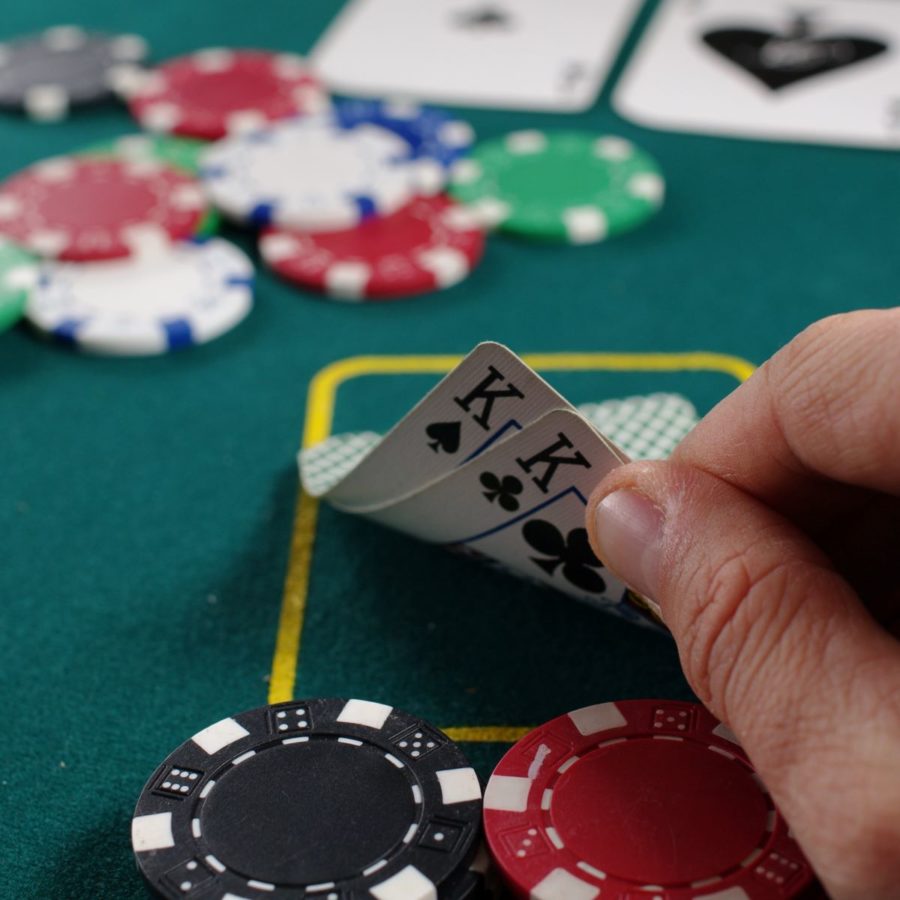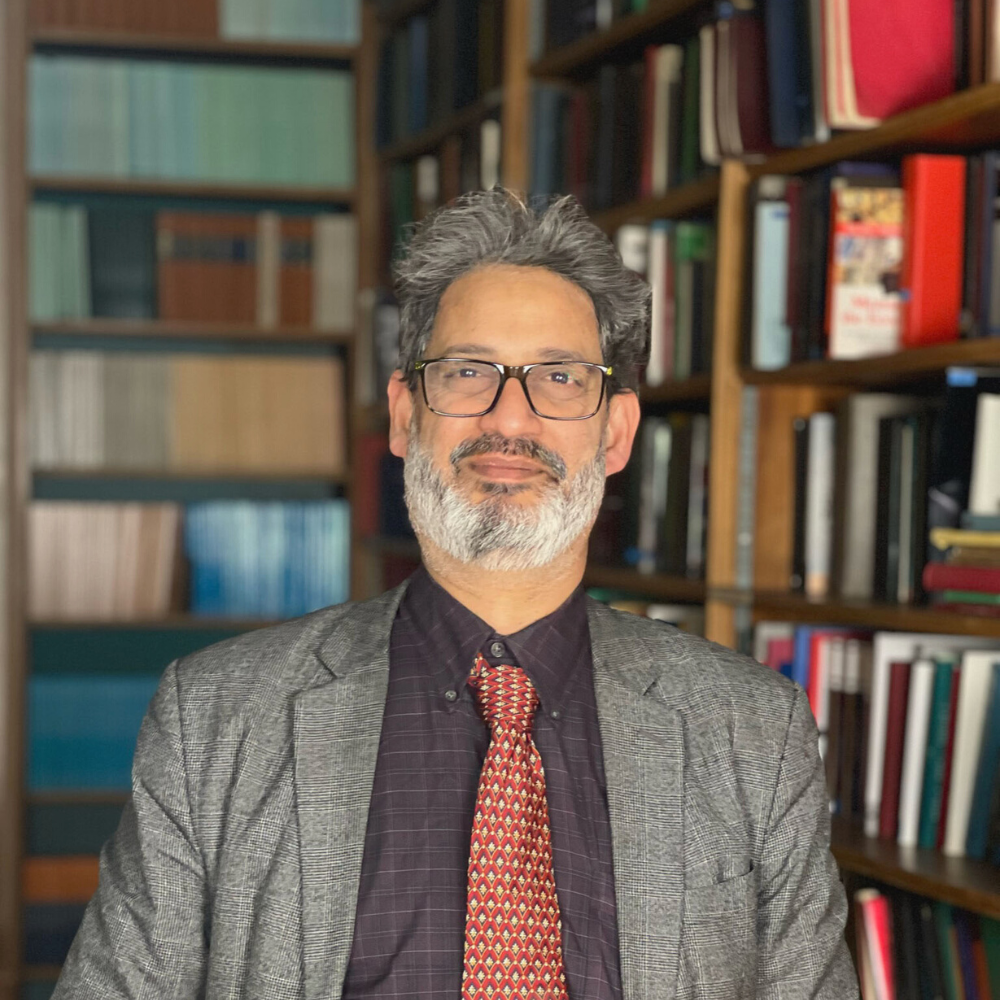Measuring the Benefits and Costs of Gambling (with a Focus on the Costs of Gambling-Related Harm)
This project aims to establish the costs and benefits of gambling, with a focus on gambling-related harm, so that the government (particularly HM Treasury) can make informed decisions about these costs once the Gambling Act Review White Paper is published in early 2022. To do this, we will need to have a detailed understanding of gambling behaviour, and establish a mechanism by which the costs of harm can be measured.


Methodology
Using our unique modelling capacity, including our household-level model LINDA and our regional model NiReMS, we will will explore:
- Types of gambling behaviour at household, local and national level
- Types of gambling harm
- Ways of measuring and putting a cost on harm
- The economic and econometric conclusions that can be drawn from that
This will be involve a detailed analysis of gaps in the existing research, new data to improve our understanding of the benefits and costs of gambling (in particular gambling-related harm) and the use of our models to build a more comprehensive and rigorous evidence base.
Findings and Recommendations
Drawing on NIESR’s modelling capability, we find that the fiscal cost per person experiencing
problem gambling is at least £3,700 per year compared with people experiencing ‘at-risk’
gambling. We compare these two groups because their gambling behaviour is similar in
profile, as opposed to the total population that includes many non-gamblers.
The bulk of the cost is linked to higher welfare payments, in addition to increased healthcare,
criminal justice costs and the costs of homelessness. In essence, people who experience
problem gambling are significantly more likely to require public services than those who
experience at-risk gambling.
We estimate that around 380,000 people experience problem gambling, which corresponds
to 0.7 per cent of the total population of 16 years and older living in private accommodation.
On that basis, our central estimate is that the total fiscal cost is £1.4 billion per year. This is a
much more precise number than past attempts that concluded with a large range or
amalgamated all forms of harmful gambling.
However, the figure of £1.4 billion per year is likely an underestimate as it does not include a
number of elements, such as the costs to “affected others” – e.g. links between gambling, debt
and family breakdown – and the costs of suicide. There are also wider social costs associated
with problem gambling, including unhappiness or misery that results from losing money.
In relation to the benefits associated with gambling, the total tax revenue from Betting &
Gaming Duties and corporation tax receipts from the gambling industry amount to around
£3.5 billion per year. Here too, there are other economic benefits associated with gambling,
including the benefits linked to happiness and risk taking, which supports entrepreneurial
activity. Future research will be required to establish a comprehensive cost-benefit analysis
of gambling in general and problem gambling in particular.
Given the focus of this project, we recommend a number of reforms:
- Recognition of the fiscal costs associated with problem gambling in the Government’s
proposed regulatory changes as part of the White Paper on Gambling reform. - Inclusion of screens (measurement instruments) for people experiencing problem
gambling (PGSI or DSM-IV/V screens) in the next round of the Wealth and Assets
Survey (WAS) and updating the estimate of fiscal costs once the 2022 Adult
Psychiatric Morbidity Survey (APMS) data with those screens are available. - Large-scale data collection as part of the remit of the Gambling Commission, especially
in relation to the association between problem gambling and “affected others” and
between problem gambling and suicide – with a focus on online gambling.
Principal Investigator

Co-Investigator







